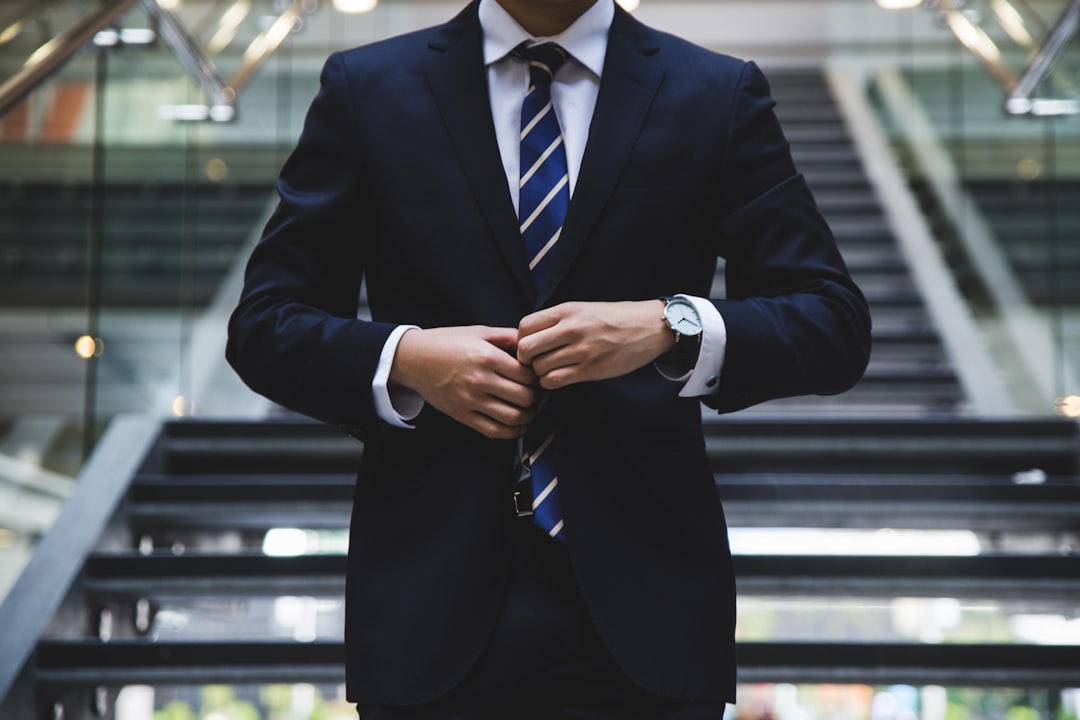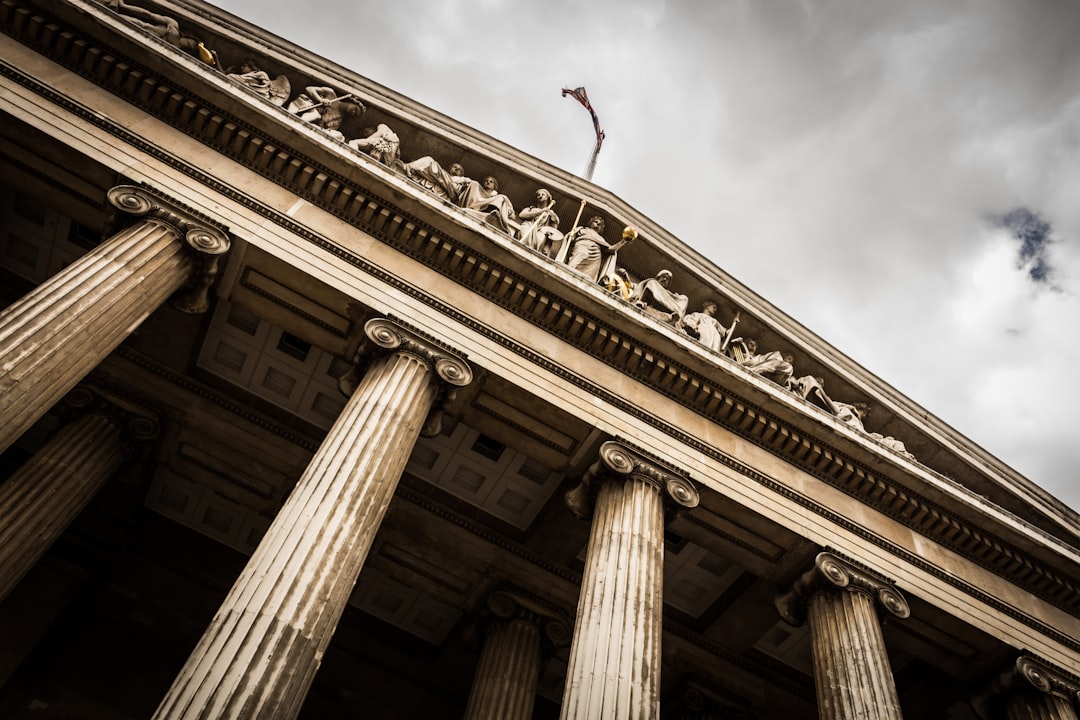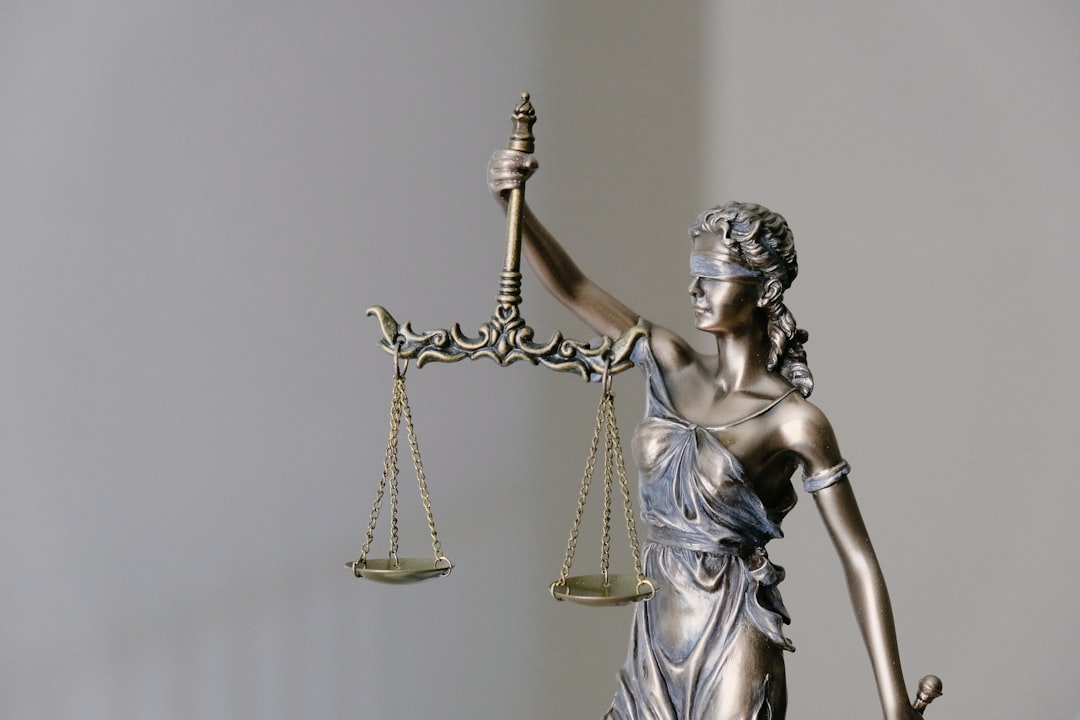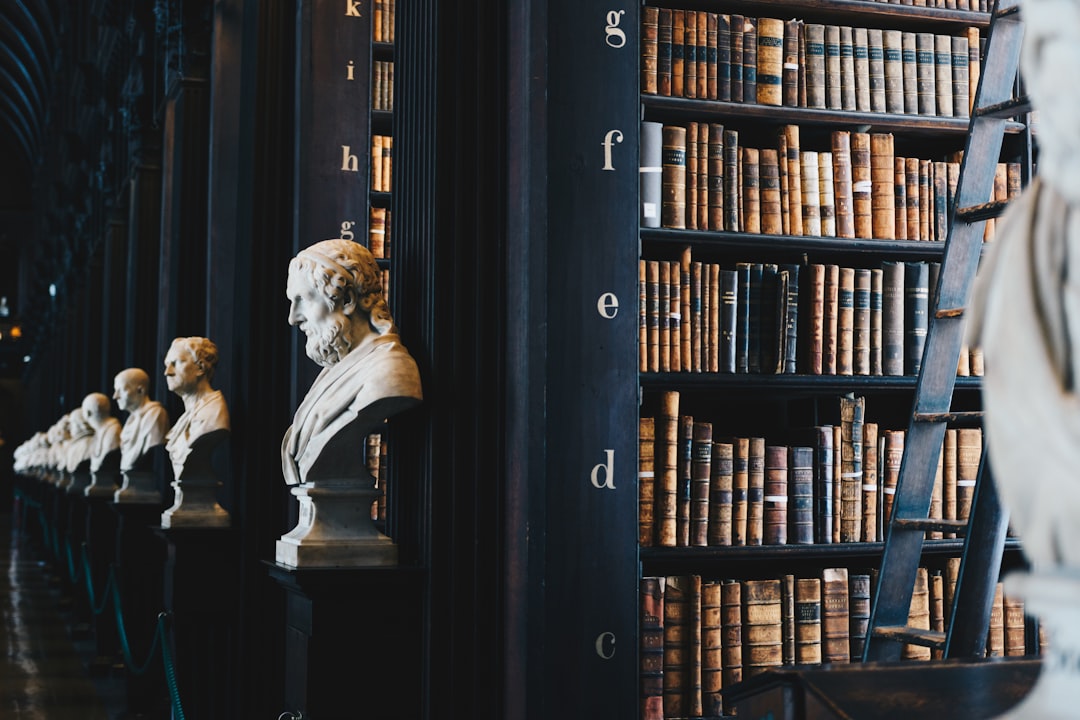Elderly sexual assault in NYC is overlooked despite affecting a growing population. Unique challenges prevent many older adults from coming forward due to shame, fear, or vulnerability. Law firms specializing in elderly sexual assault advocate for stricter penalties, easier legal aid access, and public education campaigns. They aim to protect vulnerable citizens by addressing power dynamics, lack of witnesses, and cognitive barriers. NYC's legal system is implementing reforms, including dedicated legal clinics and staff training, with elderly sexual assault law firms playing a crucial role in these efforts.
New York City, with its bustling metropolis, unfortunately also faces challenges in protecting its elderly population from sexual assault. This article explores how the city can improve laws to better support victims of elderly sexual abuse. We delve into the current legal gaps, highlighting the struggles faced by victims and law enforcement. By proposing reforms, we aim to guide elderly sexual assault law firms in NYC towards more effective strategies, ultimately ensuring justice and care for vulnerable residents.
Understanding Elderly Sexual Assault in NYC

Elderly sexual assault is a significant and often overlooked issue in New York City. As the city’s population ages, it’s crucial to understand the unique challenges faced by elderly victims. Many older adults may be hesitant to come forward due to feelings of shame, fear, or vulnerability, especially if their abusers are trusted individuals like caregivers or family members. This makes it imperative for NYC to strengthen laws and support systems specifically tailored to protect and support these vulnerable citizens.
New York’s legal landscape regarding elderly sexual assault needs updating to better serve the specific needs of victims. Elderly sexual assault law firms in NYC play a vital role in advocating for stricter penalties for perpetrators, ensuring easier access to legal aid for older survivors, and promoting public education campaigns to raise awareness about this hidden crisis. By implementing these measures, the city can foster a safer environment and provide much-needed support for elderly New Yorkers who have experienced sexual abuse.
Current Legal Gaps and Challenges

The current legal landscape in New York City presents several challenges when it comes to protecting the elderly from sexual assault. Despite efforts to strengthen laws, there are significant gaps that leave victims vulnerable. Many cases involving elder abuse often go unreported due to various barriers such as fear, shame, and cognitive impairments, making it crucial for laws to accommodate these sensitive circumstances.
Elderly sexual assault law firms in NYC have highlighted the need for specialized legal strategies tailored to this demographic. Existing legislation may not adequately address the complexities of these cases, including issues like power dynamics between victims and perpetrators (often family members or caregivers), lack of independent witnesses, and the potential for diminished capacity to consent. Addressing these gaps is vital to ensuring that justice is served and elderly New Yorkers are better protected from sexual exploitation.
Proposed Reforms and Next Steps for Law Firms

New York City’s legal landscape is poised for transformative changes to better serve and protect its elderly population, especially in cases of sexual assault. Proposed reforms aim to streamline the legal process, offering more support and resources for victims who often face unique challenges due to their age and vulnerability. Law firms specializing in elderly sexual assault cases in NYC can play a pivotal role here.
One suggested step is establishing dedicated legal clinics focused on these sensitive matters. Such clinics could provide free or low-cost legal aid, ensuring that financial barriers don’t deter victims from seeking justice. Additionally, training and sensitivity workshops for attorneys and support staff are essential to fostering an environment where elderly victims feel respected and heard. By embracing these reforms, NYC’s legal community can significantly contribute to a more just and accessible system for vulnerable citizens.


